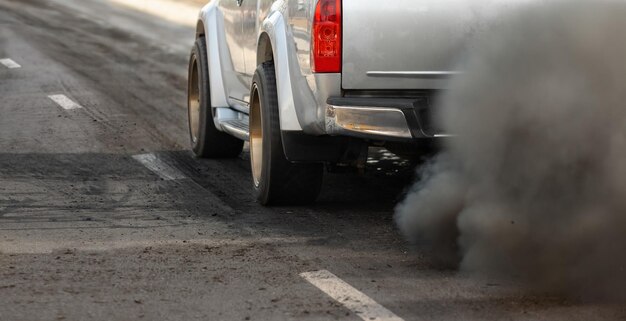Your car’s fuel system is a crucial component responsible for delivering fuel to the engine, ensuring proper combustion, and powering your vehicle. Over time, wear and tear, contamination, and other factors can compromise the efficiency and performance of your car’s fuel system, leading to various issues that affect drivability, fuel economy, and overall engine health. Recognizing the signs that your car’s fuel system may need replacement is essential for maintaining optimal vehicle performance and preventing costly repairs down the line. Here are ten warning signals to watch out for:
1. Decreased Fuel Efficiency:
One of the most common signs of a failing fuel system is a noticeable decrease in fuel efficiency. If you find yourself filling up your gas tank more frequently than usual or notice a significant drop in miles per gallon (MPG), it may indicate issues with fuel delivery, combustion, or fuel injection components within the system.
2. Engine Misfires:
Engine misfires, characterized by a sputtering or jerking sensation while driving, can be a symptom of fuel system problems. If the fuel injectors or fuel pump are failing to deliver the correct amount of fuel to the engine cylinders, it can result in incomplete combustion and engine misfires.
3. Difficulty Starting the Engine:
If you experience difficulty starting your car or notice prolonged cranking before the engine turns over, it could be a sign of fuel system issues. A failing fuel pump, clogged fuel filter, or fuel line leaks can prevent adequate fuel delivery to the engine, causing starting problems.
4. Stalling or Loss of Power:
Stalling or sudden loss of power while driving can indicate fuel system problems, such as fuel starvation or fuel pressure issues. If your car hesitates, sputters, or stalls unexpectedly, especially during acceleration or at higher speeds, it’s essential to have the fuel system inspected promptly.
5. Rough Idling:
A rough or unstable idle, characterized by erratic engine speed or vibrations while the car is stationary, can be a sign of fuel system problems. Dirty fuel injectors, fuel filter clogs, or fuel pump malfunctions can disrupt the smooth operation of the engine at idle.
6. Strong Odor of Fuel:
If you detect a strong odor of fuel inside or outside your vehicle, it may indicate fuel leaks or evaporation issues within the fuel system. Fuel leaks pose a significant safety hazard and should be addressed immediately to prevent fire hazards and environmental contamination.
7. Engine Hesitation or Surging:
Engine hesitation or surging, where the vehicle accelerates or decelerates unexpectedly without driver input, can be indicative of fuel system issues. Irregular fuel delivery or pressure fluctuations can cause the engine to hesitate or surge during acceleration or cruising.
8. Check Engine Light:
The illumination of the check engine light on your dashboard can signal various issues, including those related to the fuel system. If the check engine light is accompanied by codes indicating fuel system faults, such as fuel trim or oxygen sensor errors, it’s essential to have the system diagnosed and repaired promptly.
9. Visible Fuel Leaks:
Inspect the area beneath your car for signs of fuel leaks, indicated by puddles or stains of fuel or a strong odor of gasoline. Leaking fuel lines, fuel injectors, or fuel tank components can pose serious safety risks and should be addressed immediately by a qualified mechanic.
10. Increased Exhaust Emissions:
Excessive exhaust emissions, such as black smoke or unburned fuel odor, can indicate fuel system problems affecting combustion efficiency. If you notice abnormal exhaust emissions or fail emissions tests during vehicle inspections, it may be due to fuel system issues requiring attention.
Your car’s fuel system plays a crucial role in ensuring proper engine performance, fuel efficiency, and overall vehicle reliability. By recognizing the signs that your car’s fuel system may need replacement, you can take proactive measures to address potential issues and maintain optimal driving conditions. If you experience any of the warning signals mentioned above, consult with a qualified mechanic or fuel system specialist to diagnose the problem and implement appropriate repairs or replacements. Remember, prioritizing the health and integrity of your car’s fuel system is essential for safe and efficient driving experiences.











